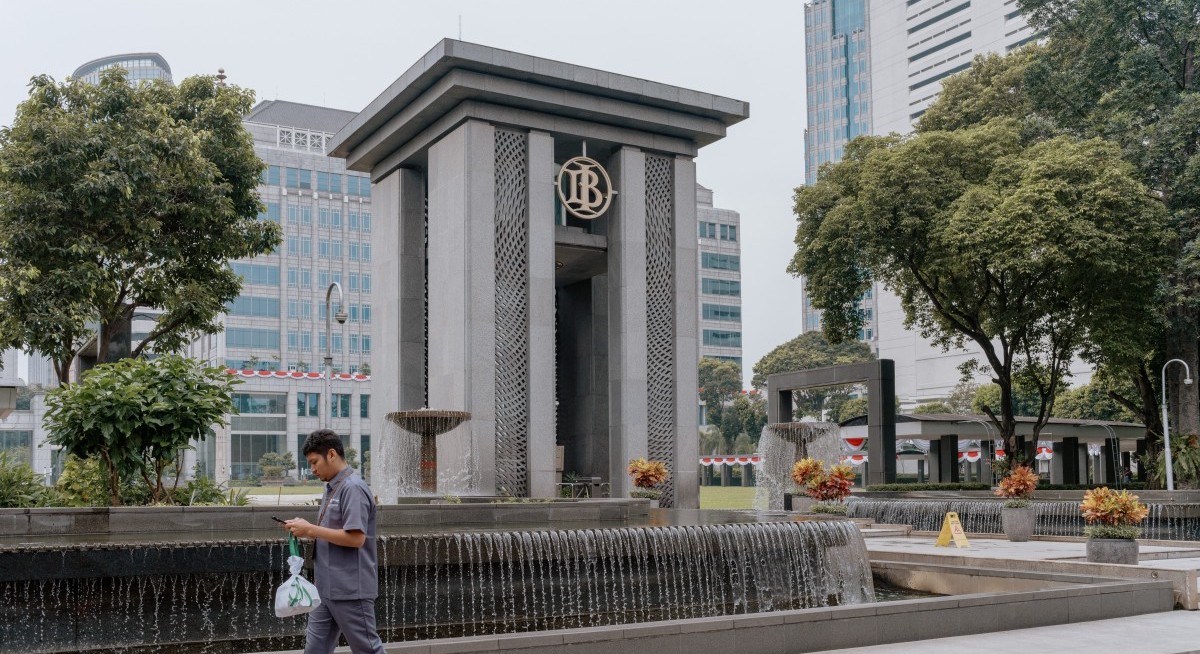While such moves would typically pressure their currencies against the dollar, raising inflation worries, further easing expected from the Federal Reserve next month would offer some relief.
Focus is now on whether Fed Chair Jerome Powell will reinforce those predictions in his remarks Friday at the Fed’s annual Jackson Hole gathering. A softer US dollar has allowed most Asian currencies to strengthen against the greenback this year.
“The clear prescription is to ease monetary policy” outside the US, Nathan Sheets, chief economist at Citigroup, wrote in a note this week, adding that impact from tariffs will be a drag on wages and prices.
See also: US changes India trade deal statement, sparking confusion
Growth across Asia is expected to slow into the second half the year, now that Trump’s reciprocal tariffs are in effect and the boost from export front-loading fades.
Morgan Stanley economists, who calculate the US tariff rate for Asia has climbed to 25% from just 5% at the start of the year, expect a wave of cuts. They project a further 125-basis-points rate reduction for the Philippines through 2026, and 50-basis-point cuts for South Korea, Thailand, Australia, Malaysia and Taiwan.
The Reserve Bank of New Zealand this week highlighted that the weaker demand will hurt wages and soften prices, and signalled more cuts ahead than markets had initially priced in. Bank Indonesia’s surprise cut prompted Goldman Sachs Group and Australia & New Zealand Banking Group (ANZ) to see a lower terminal rate for the current easing cycle, while Citigroup moved up its next cut expectation.
See also: Australia and EU enter final stretch in long-running trade talks
The shift in expectations is also showing up in financial markets, with three-month swaps in Thailand, Malaysia, the Philippines all declining in August — an indication of mounting dovish wagers.
In the Philippines, the swap market is signaling nearly 40 basis points of cuts in the coming six months, compared with just 10 basis points of easing seen in June. Traders are betting the RBNZ will soften by 43 basis points over that time horizon, compared with 33 basis points in June.
Asian economies showed surprising resilience in the first half of the year, as trade negotiations kept optimism alive and a rush of shipments to beat the looming tariffs propped up exports. But a payback is approaching with higher levies in force, according to Oversea-Chinese Banking Corporation (OCBC), which warned that Thailand and Vietnam are likely to be affected the most in Southeast Asia.
“In terms of policy responses, we expect central banks to continue to do the heavy lifting through policy rate cuts while the fiscal support remains more targeted,” OCBC economists led by Lavanya Venkateswaran wrote in a note this week. “The fortunes from frontloading are likely to come to an end and weigh on export growth.”
Chart: Bloomberg




